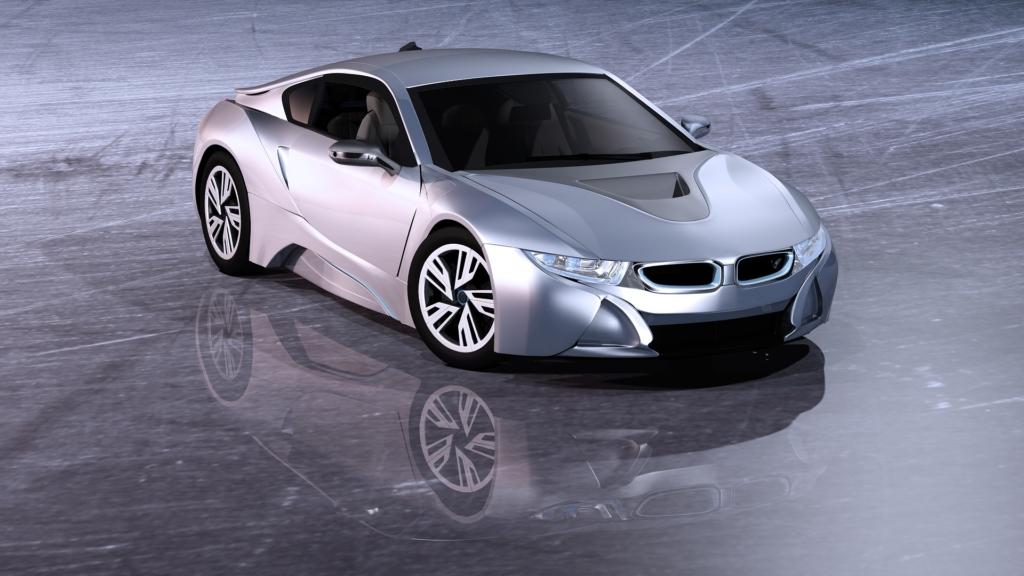Aluminium Make Our Life Easier
If you asked 100 consumers what aluminium products they use, about 95% will say aluminium foil. Aluminium foil is identified as the number one product that consumers can identify as something made of aluminum. Everyone uses those thin shiny paper sheets to line their ovens and barbecue grills. Aluminum foil is the product of choice to wrap up leftovers. While, aluminum cans are the second most identified consumer product as made from aluminum.

However, there are other uses for aluminum that impact our life. These products make our lives easier and more productive. It also help reduce the costs for goods and services. Some typical applications for aluminum include siding for residential homes and commercial buildings. Aluminum is widely used in the transportation industry for cars, airplanes and railroad cars.
Herein lies a potential problem for consumers. Aluminium because of its characteristics of strength, being light weight and malleable reduces the weight of cars. The Aluminum Association reports that In 2000, transportation accounted for 32.5 percent of all US shipments. That same year aluminium passed plastic–with average content of 257 lbs per vehicle to become the third most-used material in automobiles.
Aluminium For Cars
Car manufacturers have a goal of designing light weight, fuel efficient cars. Aluminuim seems to fit this requirement. Aluminum is not only being used for door panels but manufacturers are extending. The use of aluminum to the structural make up of the car’s power train suspension components and body parts.
The Wall Street Journal reported these lighter metals like boron, steel and aluminum are increasingly showing up as structural components, but unlike steel, they cannot easily be bent back into shape after a crash. Instead, said the Journal, these components often get replaced, boosting repair costs. High end cars like the Jaguar XJ use aluminum in the body. Other cars that are use aluminum extensively include:
- Audi A8, with its aluminum body, aluminum front and rear axle, and numerous other aluminum components
- The Honda Insight with its aluminum monocoque body and an aluminum alloy in-line 3 cylinder engine
- The Lincoln LS, featuring a sheet aluminum hood, deck lid and front fender, and forged aluminum wheels.
Improve Fuel Economy
Automakers are increasingly choosing aluminum to improve fuel economy, reduce emissions and enhance vehicle performance. The trade off for this advanced technology will be a “disposable cars”. Pete, a mechanic in San Jose states that the parts and materials for these aluminum intensive cars are so expensive. Therefore, it makes more sense to total them out for parts. The technology for replacing the parts hasn’t caught up. These cars are almost impossible to repair because of the way they are built. A minor accident can cause real damage.”
And these aluminum intensive cars will also have an impact on car insurance rates. More often than not when these cars are involved in an accident, the insurance company will have to consider them totaled so your insurance bill will increase.
So what is the trade-off – fuel efficiency versus high cost of repair and maintenance.? Do we need ugly heavy cars that increase gas consumption? The non-disposable car may look bland, be slower and use gas But the real truth is this car would not sell.
By Tim Gorman
ALCOM, the largest manufacturer of rolled aluminium products in Malaysia and a leading supplier in the Asia Pacific region, offer wide range of aluminium products.


